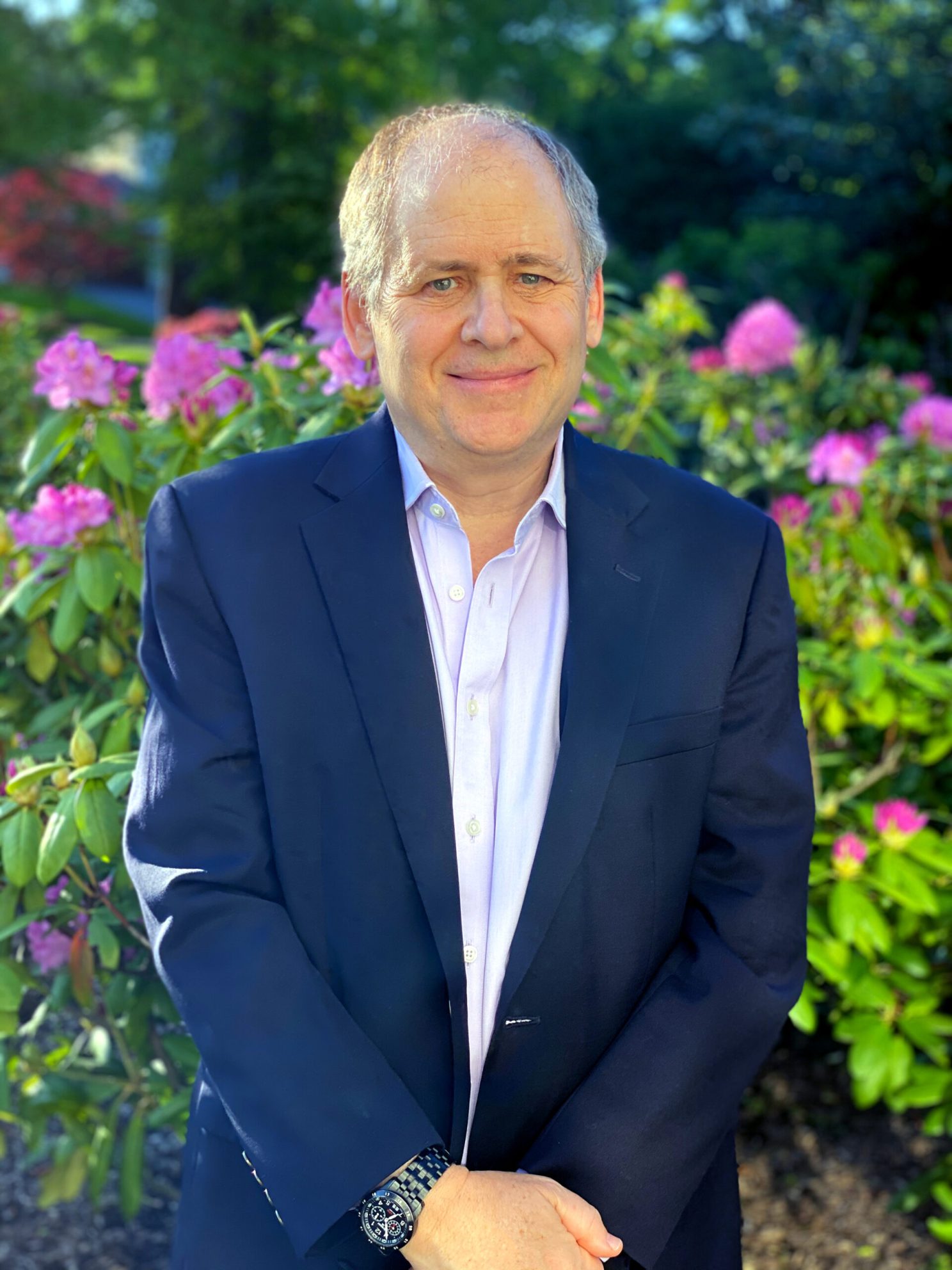Enlightening public discourse: Jonathan Alter ’79

Jonathan Alter ’79 has interviewed nine of the past 10 presidents, authored four books focused on United States presidents, and worked as a Newsweek columnist for 28 years.
Image courtesy of Jonathan Alter
“Were it left to me to decide whether we should have a government without newspapers or newspapers without a government, I should not hesitate a moment to prefer the latter,” said Thomas Jefferson. This ethos has guided Jonathan Alter’s career in public service as a journalist.
Over the course of his career, Alter has interviewed nine of the past ten presidents, authored four books focused on United States presidents, and worked as a Newsweek columnist for 28 years.
His deep interest in American politics stemmed from childhood. Growing up in the Chicago area, his family was deeply involved in the city’s politics. A striking image of him as a young boy shows his holding hands with a statue of Abraham Lincoln. Not long after, a 10-year-old Alter was hand-delivering a handwritten newspaper he had created to his neighbors. Thus began his lifetime love of journalism and the presidency.
While at Harvard for his undergraduate degree, Alter became a regular reader of two political magazines: the Washington Monthly and the New Republic. After graduation, he began working for his beloved Washington Monthly, a publication that Alter describes as possessing an “idealistic streak,” and that he still contributes to today.
“I think people do go into journalism for idealistic reasons,” Alter said. “They believe that the enlightenment of their listeners, viewers, and readers might nudge the world a little bit toward at least a better understanding of things.”
This enlightenment has been exactly what Alter has contributed to the public realm. But his work has taken on even more meaning. He has made a direct impact on the work he strives to do.
In 1997, a plethora of issues were discussed at the President’s Summit for America’s Future, a three-day conference focused on systematizing service and mobilizing American citizens. Organizations would pledge service hours (hundreds of thousands of hours) to various causes in order to participate. Newsweek placed a “Commitment Watch” at the front of the magazine. Beside the box outlining what commitments had been given, Alter would write a witty remark, often times encouraging another group to give as well.
And, frequently, other companies would make deeper social commitments. Of the experience Alter said: “I was actually using Newsweek, and competitive pressure, to extract commitments for social good.”
In this regard, Alter sidestepped the cynicism that he describes as so often following journalism’s paths. He maintained his idealistic streak — and the idealism made real change.
“Using my platform to expand service,” Alter says, “is probably the most meaningful part of my professional life.”
The Profiles in Leadership series features stories and podcasts of notable Harvard alums and their social impact. For more information, visit: https://publicservice.fas.harvard.edu/profiles-in-leadership.





